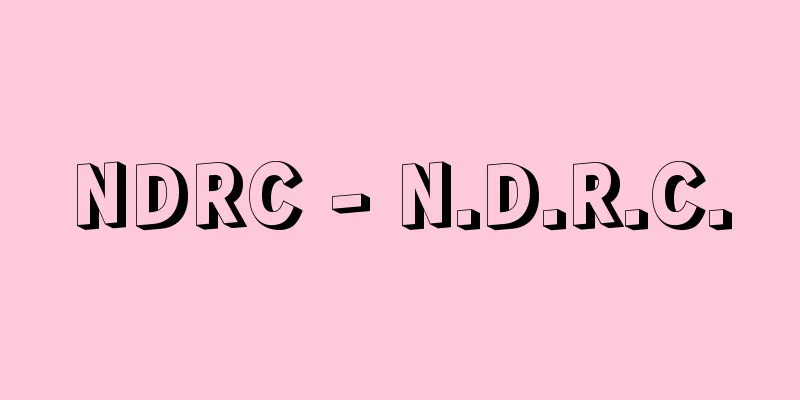Universal man - Fuhenjin (English spelling)

|
A person with many talents. The term has been widely used since Swiss historian Burckhardt characterized the universal genius born in the Renaissance as a "universal man" in his book "Renaissance Culture in Italy" (1860). The universal man is contrasted with a "singular man" who is talented only in a specific field, and is also distinguished from an encyclopedic intellectual or a universal artist who is not narrow but whose talent is limited to a specific field, such as scholarship or art. Source: Heibonsha World Encyclopedia, 2nd Edition Information |
|
多面的才能を兼ねそなえた人間。スイスの史家ブルクハルトが《イタリアにおけるルネサンス文化》(1860)のなかで,ルネサンスが生んだ万能の天才を〈普遍人uomo universale〉として特色づけて以来,広く使用されるようになった。普遍人は,特異な狭い領域にのみ才能を発揮する〈異才人uomo singolare〉と対比され,他方,狭くはないがその広さが特定の領域,たとえば学識や芸術にのみ限られる百科全書的知識人や万能芸術家とも区別される。
出典 株式会社平凡社世界大百科事典 第2版について 情報 |
>>: Constant capital, variable capital
Recommend
Partial differential equation
A relational equation between two or more indepen...
bracchium
…Hippocrates used brachiōn together with pēchys t...
Honko Kokushi Diary - Honko Kokushi Diary
This is a diary written by Konchiin Suden over a p...
Tiglath-pileser I (English spelling)
...The tradition of Assyria's commerce since ...
Kommunistische Partei Osterreichs
...The position of party leader passed from Scher...
Banyuwangi - Banyuwangi (English spelling)
A port city on the eastern end of Java, Indonesia...
shabbāba (English spelling) shabbaba
... In Arabic, this flute is also called qaṣaba, ...
Brunfelsia calycina (English spelling) Brunfelsia calycina
…[Kazuo Furusato]. … *Some of the terminology tha...
Callistus II
…the treaty between Holy Roman Emperor Henry V an...
Winning card
… 【history】 The predecessor of the lottery was th...
Ginkgo - Ginkgo
...It is common to have grooves on the sides that...
apella
…The word agora comes from the verb meaning to ga...
Soma (English spelling)
A god in Hindu mythology. Originally the name of a...
Naozumi Iwamatsu
Years of birth: Years of birth and death unknown. ...
Mochtar Lubis
1922‐2004 Indonesian writer and journalist. Born i...









